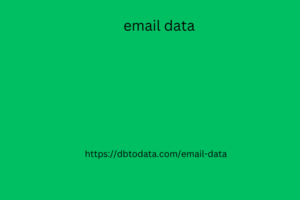External links to your page are extremely important to Google because they show that your content is valuable and important to understanding a particular topic.
A “link farm,” literally translated, consists of several websites that link to each other in an attempt to generate better positioning for all of them. There are even people who pay to receive links.
However, this is no longer the case. Although it is not an easy task, search engines can now identify when these links are not natural or relevant within a page. But don’t worry. By providing relevant information on your website, external links will certainly start to appear for you.
Keyword stuffing
This is a classic. When kuwait email list they discovered that keyword usage was an important factor in ranking, they started to think that the more times a certain keyword phrase appeared on the page, the better it would be.
However, nothing in excess is good and, currently, this practice is considered spam. Also, excessive repetition makes the text tiresome for the reader, damaging the experience. Therefore, it should appear naturally in the text, as well as variations of it.
Cloaking
Cloaking, which means “camouflage”, is a practice that deceives both the search engine and the user when they access the website through the SERP, as they will be redirected to a page that is not what they are looking for.

This practice boils down t
creating two pages, one therefore, the features of the website should include optimized for SEO , which will appear to the search engine, and the other, which does not follow good SEO practices, which is the agb directory one that will appear to the user.
Duplicate content
This refers to the famous plagiarism. Copying content from the Internet, for obvious reasons, is frowned upon by Google. And, perhaps, it is one of the easiest practices for it to identify.
